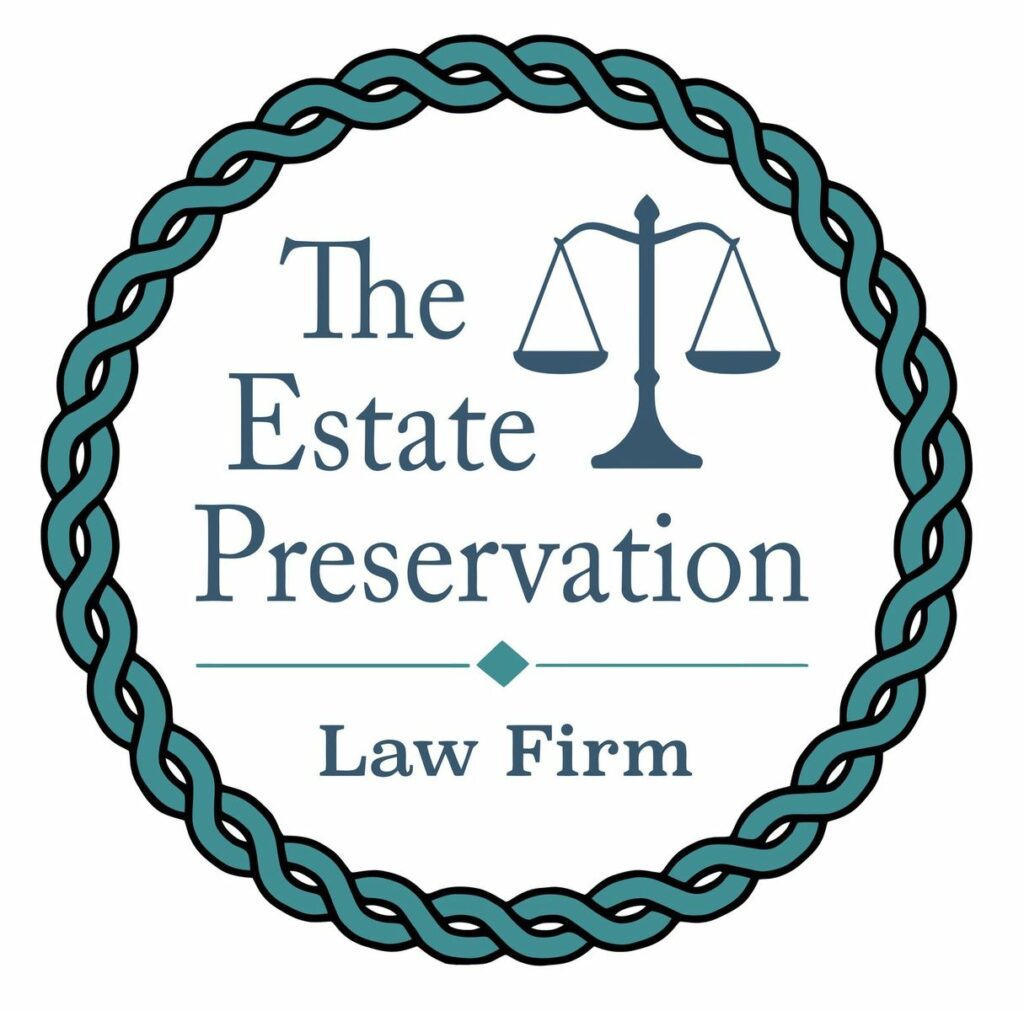Adult Guardianships/Conservatorships
Guardianship can be a complicated matter when it involves an adult individual. This option should be carefully considered and weighed against other alternatives before a final decision is made. Appointing a guardian and/or conservator for an adult will strip the individual of their autonomy and the ability to make basic decisions regarding their own medical care, living arrangements, financial affairs, and other personal matters. Every case is different, and it is important for you and your family to sit down and discuss the decision together before proceeding. If you believe full guardianship is the most appropriate solution to protect the best interests of your loved one, contact The Estate Preservation Law Firm.
Is Guardianship the Best Option?
Adult guardianship is recommended for individuals who require assistance with daily activities of living, such as eating, taking medication, or paying bills. Often, these individuals need help with their self-care and legal, financial, and medical decision-making due to mental illness, developmental disorders, disease, or declining mental and physical health. You may find yourself seeking guardianship for a disabled child who has just turned 18, an elderly parent who is sick, or a family member suffering from Alzheimer’s or dementia. In these instances, you may feel appointing a guardian for them may be the best way to ensure they are protected and cared for.
Alternatives to Guardianship
Guardianship of an adult functions in much the same way as guardianship of a minor. The appointed guardian will be able to make a wide range of decisions on behalf of the protected person under their care. This can extend to what they are allowed to spend their money on, what activities they are allowed to participate in, and where they live. This greatly limits the individual rights, independence, and freedom of the person under guardianship. Alternatives such as a financial power of attorney or health care power of attorney may better address the issues of concern without undermining the autonomy of your loved one.
Guardian Versus Conservator
A guardian is responsible for the day-to-day care of a protected person. This may involve assisting them with hygiene and grooming, feeding, or managing medications and attending medical appointments, as well as making medical and personal decisions on their behalf. A conservator of the person has the same role as a guardian, and these terms can be used interchangeably in most cases. A conservator of the estate is solely responsible for managing assets and making financial decisions on behalf the protected person. The same individual can be appointed both as the conservator of the person and the conservator of the estate, which will allow them to manage all aspects of the protected person’s life.
Lifelong Protection
If you are the guardian for an adult family member, it is important to ensure you take the time to plan for their care in the event of your incapacitation or death. As part of the estate planning process, The Estate Preservation law firm in Rock Hill SC will help you determine the best path for protecting your loved ones and preserving your wealth.
